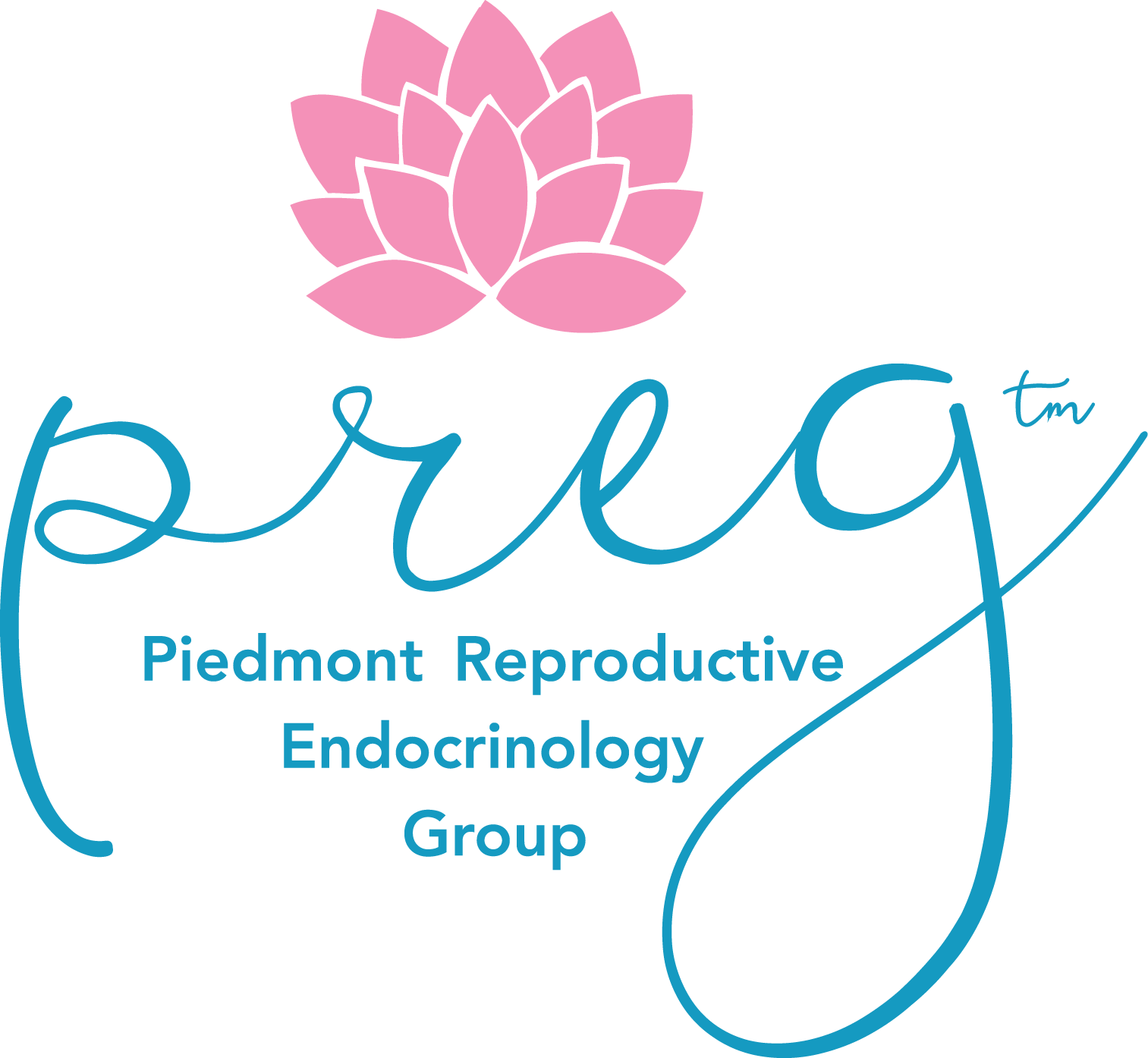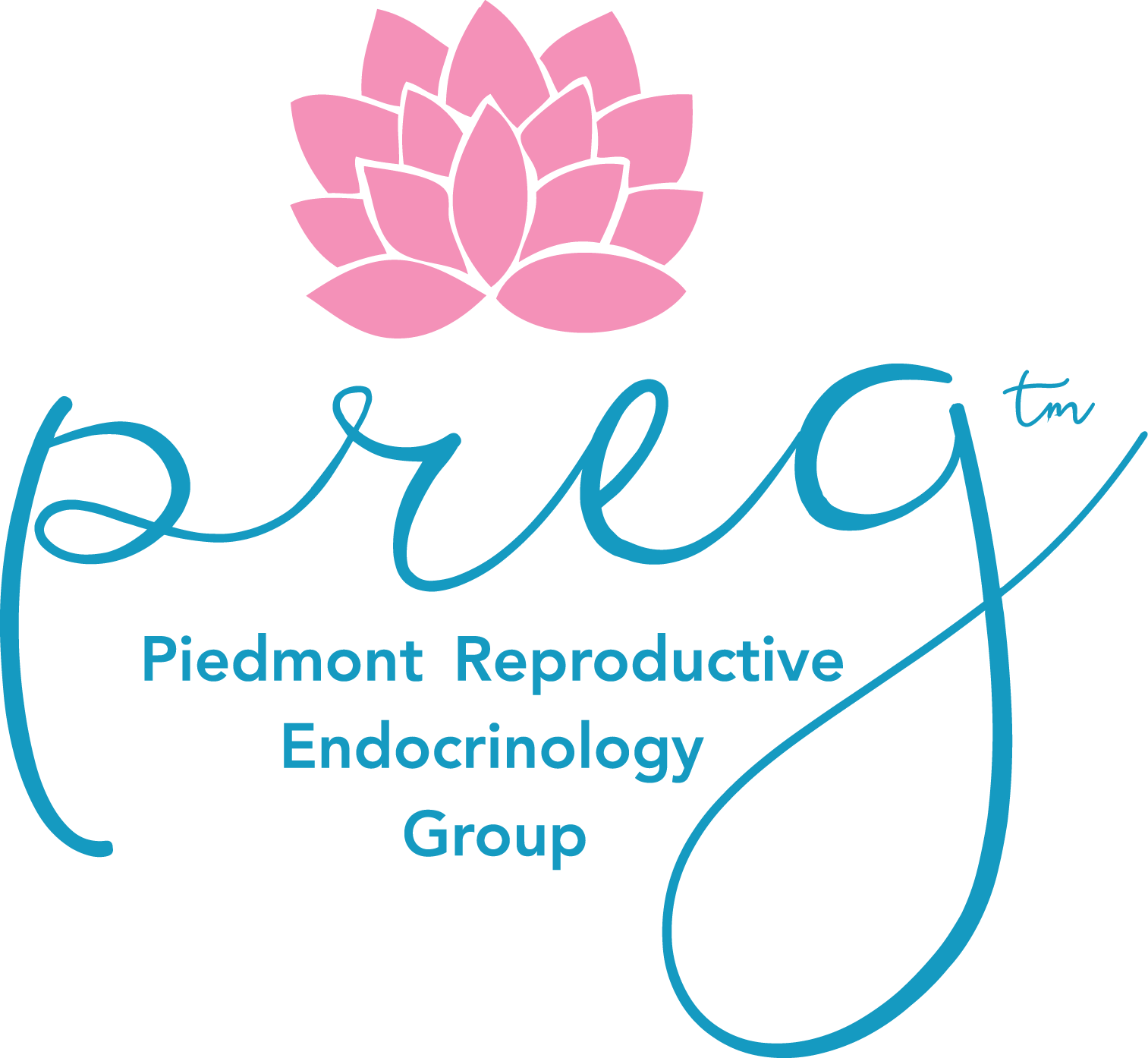One of the most common questions patients ask us is, “What else can I be doing to improve my chances of getting pregnant?” Keep in mind, this question is coming from a patient population who are taking fertility medications, giving themselves injections, having their blood drawn, undergoing vaginal ultrasound exams, enduring uncomfortable medical procedures and surgeries, and discussing details of their intimate relations with their significant other. This is obviously not the route that most people would choose to travel when trying to grow their family. However, this is the reality for many women and men being treated for infertility. Yet, this amazing group of individuals will still ask if there is anything else they should be doing. The answer is that each individual needs to evaluate their lifestyle to see if there are any areas where they may need to make changes.
The first aspect that needs attention is diet. The importance of a healthy diet cannot be overlooked when you are receiving any kind of medical treatment. An unhealthy diet can contribute to problems with ovulation, uterine health, and the quality of eggs and sperm. A healthy, balanced diet can also help with weight control. Women are less likely to experience ovulatory dysfunction if they maintain a healthy body mass index or BMI. The preferred range for women is 18.5-24.9. People who are struggling with weight loss/gain should consult their healthcare provider to discuss a plan that will work best for them.
It is also a good idea to limit your caffeine and alcohol intake. Caffeine can cause decreased blood flow to the uterus which can affect implantation of an embryo. Quantities of caffeine in excess of 300mg have been associated with an increased chance of miscarriage. Excessive alcohol consumption has been linked to a decrease in folic acid absorption. Pregnant women with low folic acid levels are at risk of having a baby born with a neural tube defect such as spina bifida or anencephaly. What many people do not realize is that taking folic acid before conception reduces the chance of neural tube defects by 70%. In men, excessive alcohol consumption can contribute to impotence and low sperm quality.
Exercise is another contributing factor to overall health and, in turn, fertility issues. Women who suffer from ovulatory dysfunction and have a BMI over 28 may benefit from increased aerobic activity to assist in weight loss and regulation of ovulation. On the flip side, exercising too much can be a problem since excessive exercise can disrupt ovulation. If ovulatory dysfunction is occurring because of excessive exercise, you need to cut back.
Most people are aware that smoking can be harmful in pregnancy, but may not know that it can also play a factor in infertility. Smoking should be cut out completely for couples trying to conceive. Cigarettes contain tobacco and carcinogens negatively affect the health of your eggs and ovarian function.
Infertility treatments can be overwhelming and stressful. By the time most couples seek help, they have been trying to conceive for a year or more. The range of emotions associated with this process can be extreme. People become mentally, physically, and emotionally exhausted. The most important thing to remember is that you must take care of yourself. There are traditional and alternative stress relief options available. Some to consider are counseling, massage, meditation and acupuncture. There are many non-medical providers that specialize in infertility.


